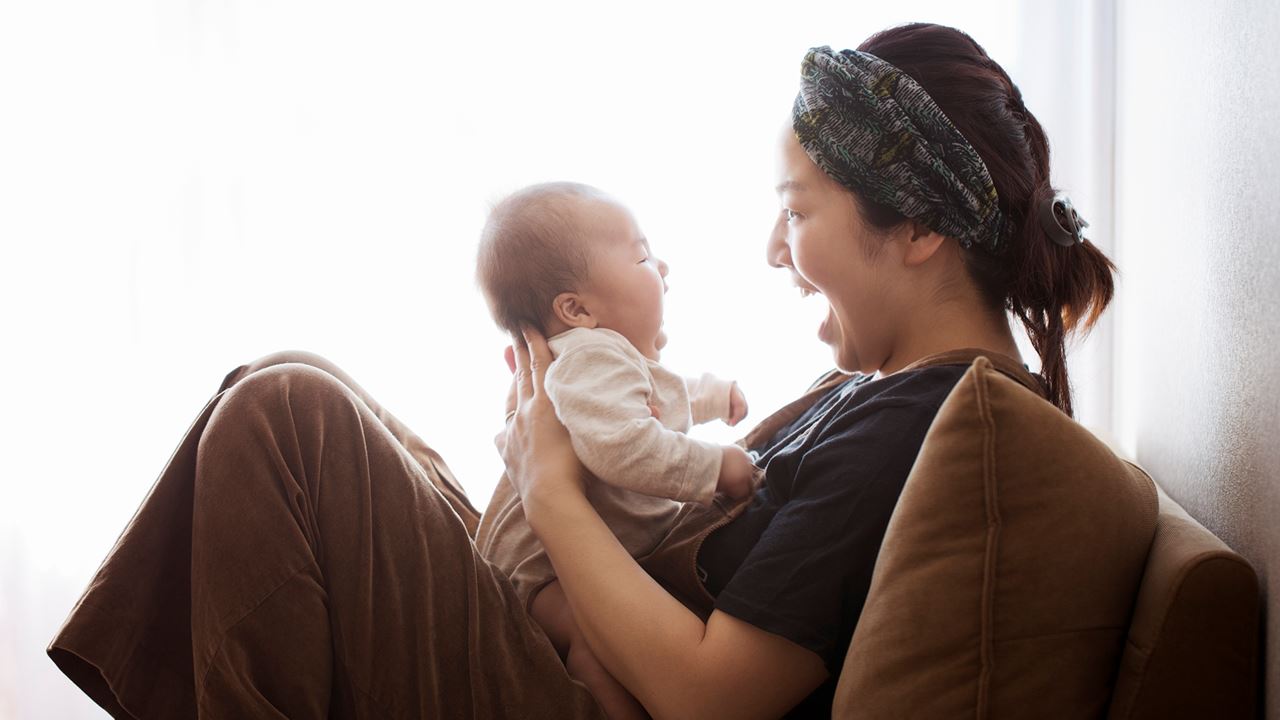Public, premium or private?
What are the pros and cons, and what can you expect from all three?
Public hospitals:
This is the cheapest option if you’re having a baby in Thailand. A routine birth will cost approximately 27,000 baht, while a C-section will cost around 55,000 baht2.
Public hospitals have a good standard of care, although the queues can be very long, and you could expect to wait from a few hours, up to a full day before being seen for your appointments. You won’t be able to choose your doctor, but you should be in good hands, whoever looks after you.
During your stay you’ll be in a maternity ward with up to five other mums3, which could be an opportunity to draw on support from other new parents.
Premium clinics:
These are available within public hospitals and offer a higher level of care and comfort. You have the luxury of choosing which doctor you see, and the wait time is significantly reduced. While they might be more expensive than standard public hospital care, you won’t have to wait as long when you need reassurance and care.
If you’re interested in truly personal care and one-on-one support, a private facility may be a better option for you.
Private hospitals:
Make sure to check with your insurer to find out which hospitals are included in your cover. All private hospitals in Thailand offer childbirth delivery packages, with the average C-section costing at least 44,000 baht3 depending on which hospital you choose. Most of these packages include a three-night stay for caesarean sections and a two-night stay for routine deliveries. It’s important to know that while these packages cover the full cost of a routine delivery, they don’t cover the cost if there are any complications during the birth.
Most expats in Thailand opt for private hospitals4. The overall healthcare system in Thailand is ranked one of the best in the world2. While the cost might be higher than other parts of Asia, it is much lower compared to the Western world.
For a higher price, you get more personal care, and the privacy of your own room to celebrate this special time. In some, there are also facilities for pre- and post-natal classes on breastfeeding.
Prenatal care
How many scans or appointments can you expect, and what do they include?
In Thailand, pregnant women are offered prenatal care, free of charge at clinics in the public hospitals or contracted primary care centres they’re registered with4. It’s worth looking into these options as soon as you find out you’re pregnant.
You can expect to have regular routine check-ups, tests and ultrasounds – some doctors choose to do an ultrasound at each appointment. This gives you a good idea of your baby’s development. In a public hospital you’ll have monthly check-ups for the first seven months. If you opt for private care, make sure you know what tests are included in your insurance plan, so you’re prepared if there are any extra costs. Then you and your doctor can decide how often to have your appointments going forward.
Perhaps one of the savviest things you can do as an expectant mother in Thailand is enlist the help of a doula. A doula is like a midwife but with an often more personalised role. They’ll be there to support you before, during and after birth6.
It’s important to research whether your chosen doula can help with translating if that’s something you need. Otherwise, it’s something you should chat to your hospital about before delivery day.

